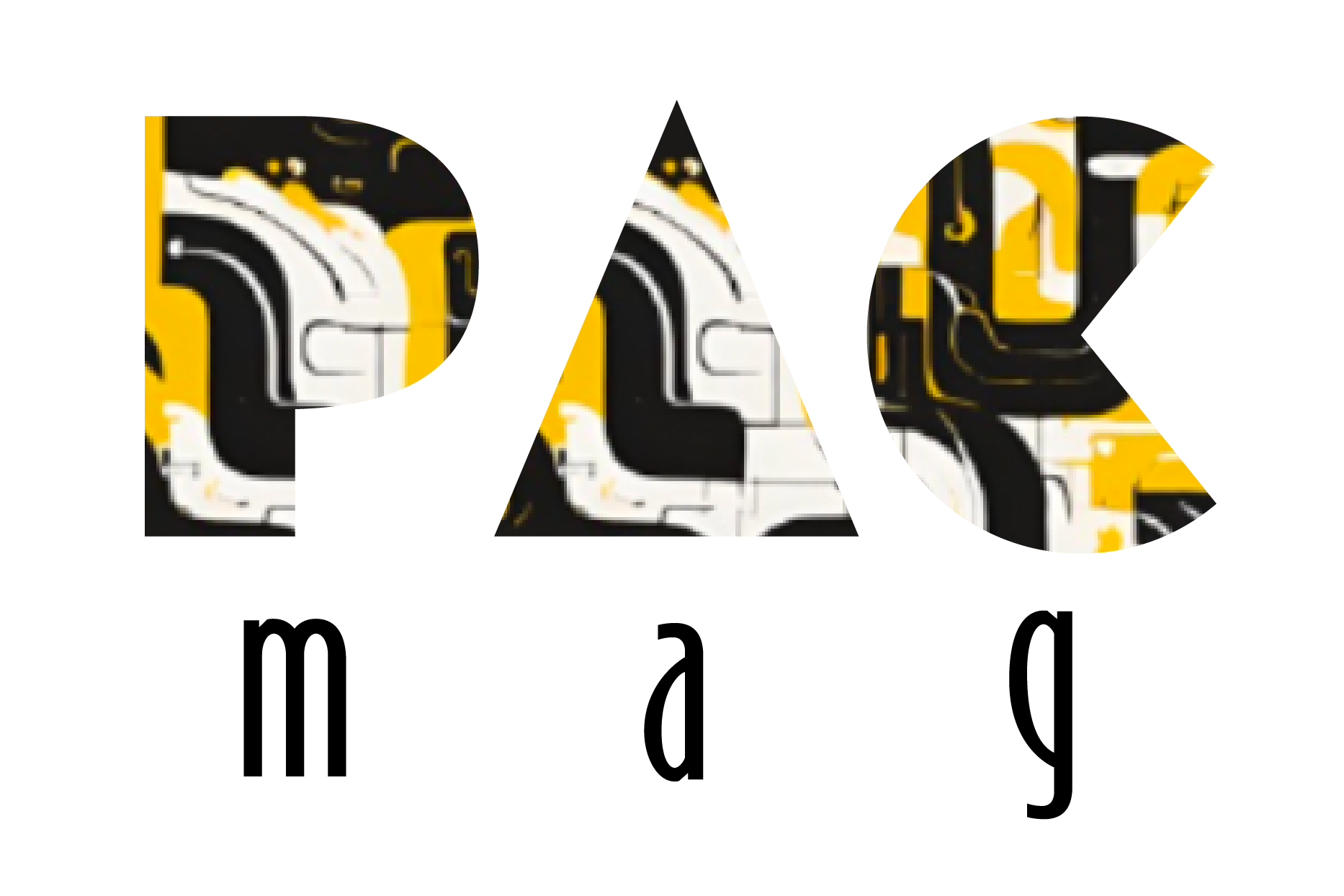In this insightful conversation, we sit down with Rithuparna, the Editor-in-Chief of The Leopard, the student-run newspaper at Goldsmiths, University of London. Rithuparna shares her journey into journalism, the challenges she faces, and her insights on student journalism.
What drew you to journalism and eventually led you to become Editor-in-Chief?
“I’ve always been interested in writing, but not necessarily journalism. I was more drawn to the act of writing itself. When I started at Goldsmiths, I was just exploring writing in general. I didn’t know if I wanted to focus on journalism or creative writing. When I learned that the student newspaper was being relaunched, I thought I’d give it a shot. I approached the then Editor-in-Chief and asked if I could write for the paper, and she agreed. Two years later, she asked me to take over, and I thought, why not?”
What skills do you think are most important for your role?
“Organization is key. Being able to manage everything efficiently is essential. You also need to be aware of what’s acceptable for the newspaper and what isn’t, which comes from social awareness. Communication skills are important too, but they fall under the broader umbrella of being aware of what’s happening around you.”
What has been the most rewarding part of leading the newspaper?
“The most rewarding part is seeing the newspaper come together. It’s amazing to see different perspectives from writers and designers combined into one final product. Everyone brings something unique, and I think that’s what makes the newspaper special. Watching it all come together at the end of each issue feels great because I know I played a part in organizing it.”
When you took on this role, what vision did you have for the newspaper?
“Before stepping into the Editor-in-Chief role, I was particularly interested in how Goldsmiths was bringing back print media, especially after the pandemic. Print journalism was on the decline, and I wanted topreserve that at the university. I was also keen on exploring the digital aspect of the newspaper, though I haven’t fully explored that yet. However my main goal was to maintain the balance between print and digital.”
Have there been any standout memories from your time with the newspaper?
“One standout memory was when I interviewed the actress from Girls Will Be Girls during the summer. It was a surreal experience because it combined two of my passions—film and journalism. Although I can’t release the article yet, it was a fantastic opportunity that I’ll always remember.”
What has been the biggest challenge in your role?
“The biggest challenge has been commitment. A lot of people are excited about the idea of writing for the newspaper, but once they realize the amount of work involved, they lose interest. It’s hard to find people who are fully committed to the process. However, I do appreciate our small, dedicated team, as it’s easier to manage.”
What has been your proudest achievement as Editor-in-Chief?
“I’m proud of the consistency we’ve achieved. We’ve been able to publish an issue every week, which is no small feat. That’s something I’m really proud of, especially considering how much work goes into each issue.”
How do you balance your role with your academic workload and personal life?
“It’s definitely tough. Right now, I’m working on my dissertation and a film project, while also leading the degree show. It’s a lot to juggle, but I thrive on it. I like being in charge and taking on creative projects. I use multiple calendars—online, physical, and even a fridge calendar—to stay organized. It’s essential to keep track of everything!”
What advice would you give to students who want to become journalists?
“My advice would be to start writing, but also be aware of your surroundings—politically and socially. Journalism involves more than just writing; it’s about understanding the world around you. It’s a learning curve, and you’ll improve over time.”
